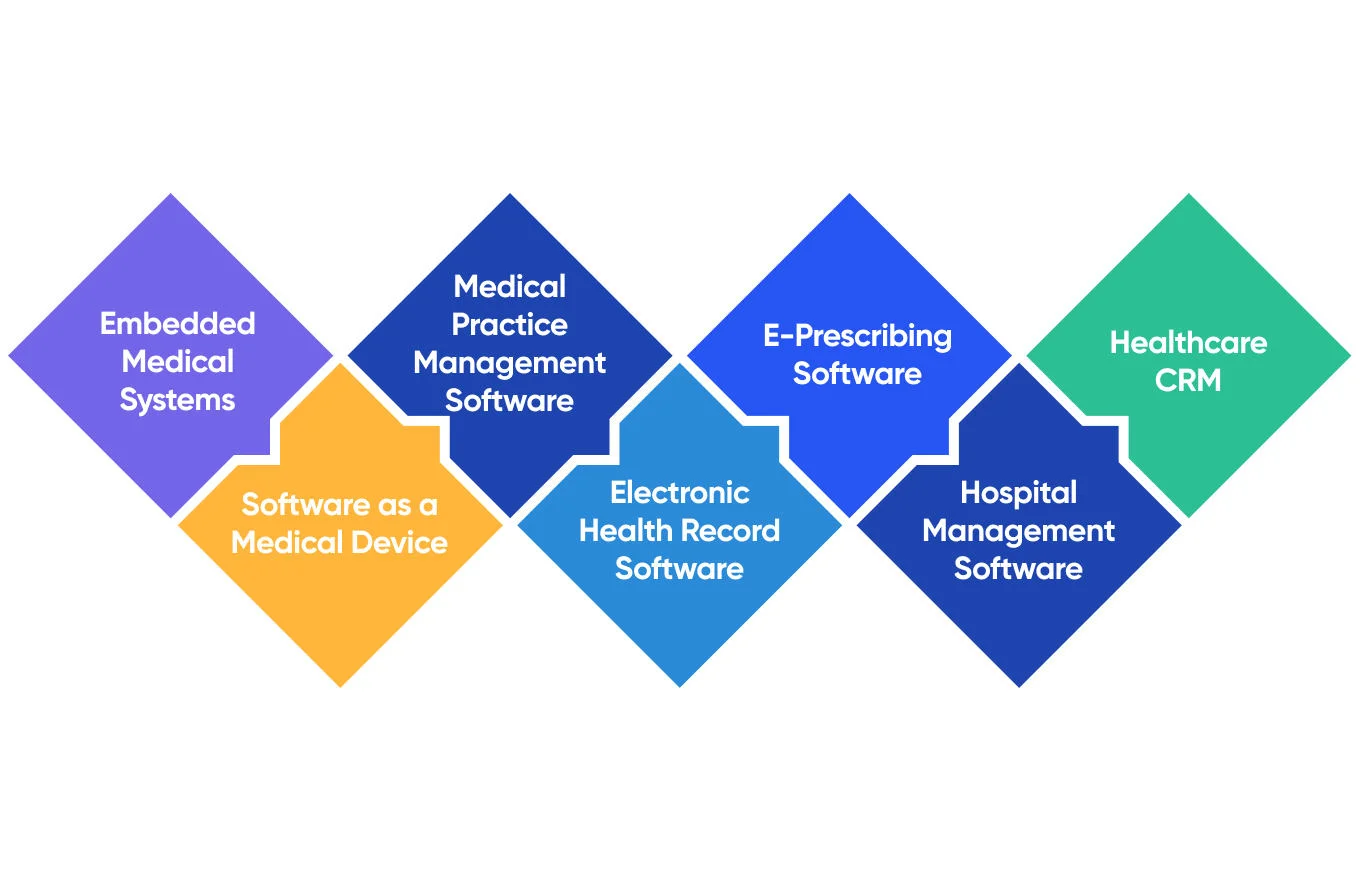Why Clinical Notes Software Is Essential for Modern Healthcare Practices
How can healthcare professionals ensure seamless communication across different fields? What role does digital documentation play in improving overall outcomes? Let’s explore how advanced software has become crucial in modern healthcare, enhancing workflows and boosting care quality.
Supporting General Medicine and Specialists
General practitioners and specialists rely on accurate documentation for effective collaboration. Clinical notes software ensures that medical data is clear, accessible, and up-to-date, making it easier for healthcare providers to work together. General practitioners can input initial findings, while specialists can add insights from specific treatments.
For instance, a general practitioner may send an individual to a cardiologist for further evaluation. With digital records, the cardiologist can review the person’s full history and avoid redundant tests. This seamless exchange ensures that all healthcare professionals are well-informed, leading to improved care outcomes.
Enhancing Allied Health Team Collaboration
To provide comprehensive care, allied health specialists like nutritionists and physiotherapists frequently collaborate closely with physicians and nurses. Allied health teams can easily update and share progress reports with other healthcare providers. This system promotes continuity in care and ensures that all team members know the progress of rehabilitation or treatment.
For example, when a physiotherapist records therapy sessions and progress, doctors can adjust treatment plans based on real-time updates. This coordinated approach ensures a smoother recovery process, with everyone on the same page regarding the individual’s condition.
Advanced Features of Modern Medical Software
Modern note-taking software offers advanced features that make documentation easier and more efficient.
Some of the standout capabilities include:
- Pre-designed templates for various healthcare specialties
- Voice recognition for quick note-taking
- Integration with EHR for comprehensive tracking
- Automated reminders for follow-ups
- Customisable dashboards for specific medical needs
By reducing administrative work, the software frees up more time for medical personnel to provide direct patient care. Additionally, advanced analytics and integration with EHR within the software provide insights into treatment effectiveness, helping to improve patient outcomes. The flexibility of these tools ensures they can adapt to the evolving needs of various healthcare settings, enhancing overall operational efficiency.
Streamlining Workflow and Reducing Administrative Tasks
One major benefit is how it streamlines daily tasks. Healthcare providers are often overwhelmed with administrative work. By simplifying note-taking, digital records reduce the time spent entering data manually and searching for files.
In hospitals and busy practices, this reduction in admin work allows staff to allocate more time to care interactions. Automated systems ensure that notes are logged, reminders are set, and follow-ups are managed efficiently. This enhanced workflow also reduces burnout among staff, contributing to higher job satisfaction. Ultimately, it leads to a more organised, efficient practice that improves overall patient care.
Improving Care Through Better Data Management
Access to organised, real-time data is essential for improving outcomes. Providers using this software can quickly access a person’s complete medical history, including current treatments and past diagnoses. This consolidated information allows for informed decision-making and timely adjustments to treatment plans.
For individuals with multiple healthcare needs, a comprehensive medical record ensures that all involved professionals—whether a doctor, specialist, or physiotherapist—are fully aware of the person’s condition. It also minimises the risk of medical errors, as all details are centralised and easy to retrieve. Moreover, this integrated system enables a proactive approach to care, enhancing the ability to anticipate potential issues before they escalate.
Customisation Across Different Specialties
Different healthcare professionals have varying documentation needs. Advanced platforms provide flexibility, allowing general practitioners, specialists, and allied health providers to personalise the system to their requirements. Custom templates and workflows ensure that the software suits the specific needs of each medical discipline.
For instance, a general practitioner may prioritise documenting symptoms, while a dietitian might focus on nutritional tracking. By providing customisable features, the software adapts to the unique demands of various healthcare providers.
Fostering Collaboration Across Healthcare Teams
Collaboration is key in healthcare, and this software enables this by offering a shared platform for all professionals involved in an individual’s care. The software allows everyone to access the same information, ensuring coordinated and comprehensive care, whether it’s a doctor, nurse, or allied health professional.
For example, when a dietitian updates a person’s nutritional plan, other healthcare providers can review it immediately. This level of communication prevents errors and guarantees that the individual’s treatment is holistic and well-managed.
Clinical notes software is essential for modern healthcare, providing streamlined workflows, enhanced communication, and improved care across multiple disciplines. By simplifying administrative tasks, offering advanced features, and promoting collaboration between healthcare professionals, this software ensures that every aspect of care is efficient and well-coordinated. Investing in the right clinical notes system is an important step for healthcare providers seeking to improve care quality and operational efficiency.






